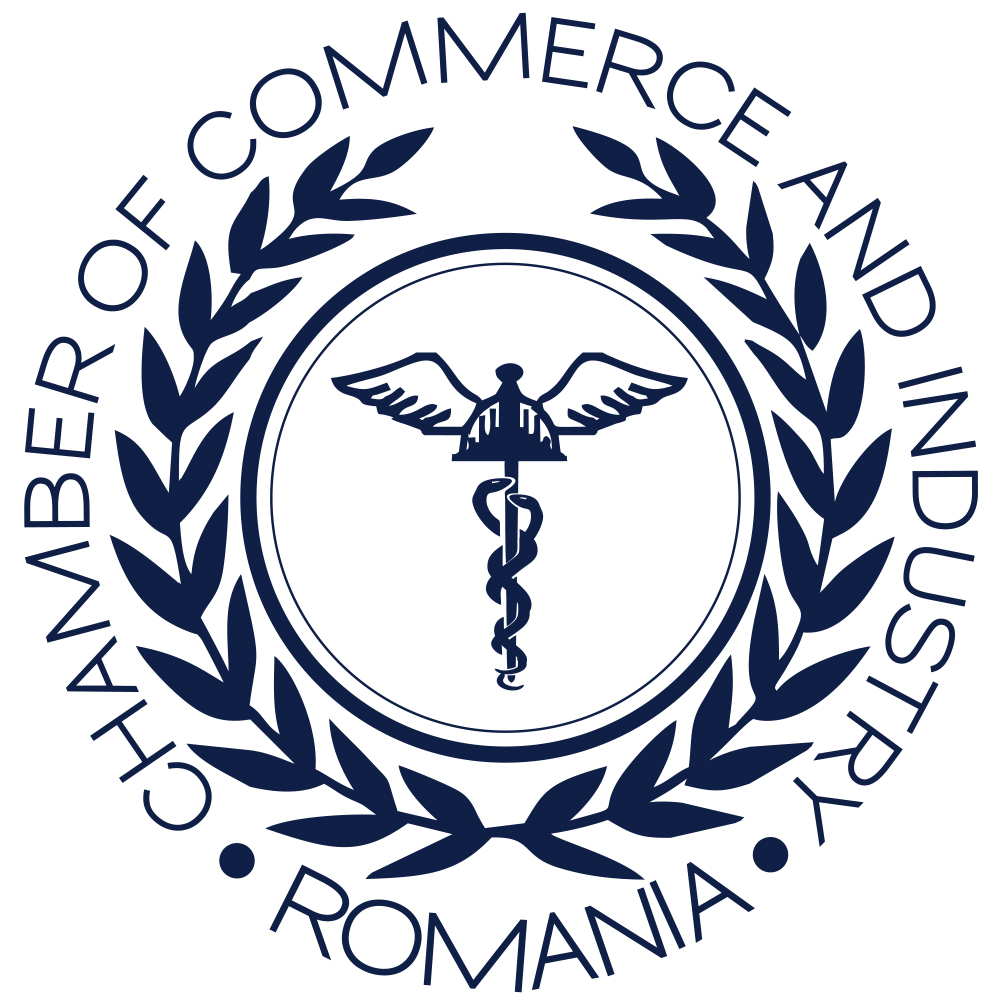European Commisson and Mercosur reach agreement on trade
Publicat pe 28/06/2019
The EU is the first major partner to strike a trade pact with Mercosur, a bloc comprising Argentina, Brazil Paraguay and Uruguay. The agreement concluded today will cover a population of 780 million and cement the close political and economic relations between the EU and Mercosur countries. It represents a clear commitment from both regions to rules based international trade and will give European companies an important head start into a market with an enormous economic potential. It will anchor important economic reforms and modernisation undergoing in Mercosur countries. The agreement upholds the highest standards of food safety and consumer protection, as well as the precautionary principle for food safety and environmental rules and contains specific commitments on labour rights and environmental protection, including the implementation of the Paris climate agreement and related enforcement rules.
Main features of the EU-Mercosur trade agreement
The EU-Mercosur region-to-region agreement will remove the majority of tariffs on EU exports to Mercosur, making EU companies more competitive by saving them €4 billion worth of duties per year.
- As regards EU industrial sectors, this will help boost exports of EU products that have so far been facing high and sometimes prohibitive tariffs. Those include cars (tariff of 35%), car parts (14-18%), machinery (14-20%), chemicals (up to 18%), pharmaceuticals (up to 14%), clothing and footwear (35%) or knitted fabrics (26%).
- The EU agri-food sectorwill benefit from slashing existing Mercosur high tariffs on EU export products, chocolates and confectionery (20%), wines (27%), spirits (20 to 35%), and soft drinks (20 to 35%). The agreement will also provide duty-free access subject to quotas for EU dairy products (currently 28% tariff), notably for cheeses.
The agreement will open up new business opportunities in Mercosur for EU companies selling under government contracts, and to service suppliers in the information technology, telecommunications and transport sectors, among others. It will simplify border checks, cut red tape and limit the use of export taxes by Mercosur countries. Smaller companies on both sides will also benefit thanks to a new online platform providing easy access to all relevant information.
While delivering significant economic benefits, the agreement also promotes high standards. The EU and Mercosur commit to effectively implement the Paris Climate Agreement. A dedicated sustainable development chapter will cover issues such as sustainable management and conservation of forests, respect for labour rights and promotion of responsible business conduct. It also offers civil society organisations an active role to overview the implementation of the agreement, including any human rights, social or environmental concerns. The agreement will also provide for a new forum to work closely together on a more sustainable approach to agriculture and, as part of the political dialogue under the Association Agreement, address the rights of indigenous communities. The agreement also safeguards the EU and Mercosur’s right to regulate in the public interest and preserves the right to organise public services in the way they consider appropriate.
The trade agreement reached today is part of a comprehensive new Association Agreement under negotiation between the EU and Mercosur countries. It is composed of a political and cooperation pillar – on which negotiators already reached a general agreement in June 2018 in Montevideo – and the trade pillar. Beyond trade, the agreement will enhance political dialogue and increase cooperation in areas such as migration, digital economy, research and education, human rights, including the rights of indigenous people, corporate and social responsibility, environment protection, ocean governance, as well as fight against terrorism, money laundering and cybercrime. It will also offer increased possibilities for cooperation at multilateral level. The Association Agreement will complete the network of Association Agreements in the Americas and consolidate the relations with the important partners in the region, supporting EU positions on many global issues.
Source: European Commission

